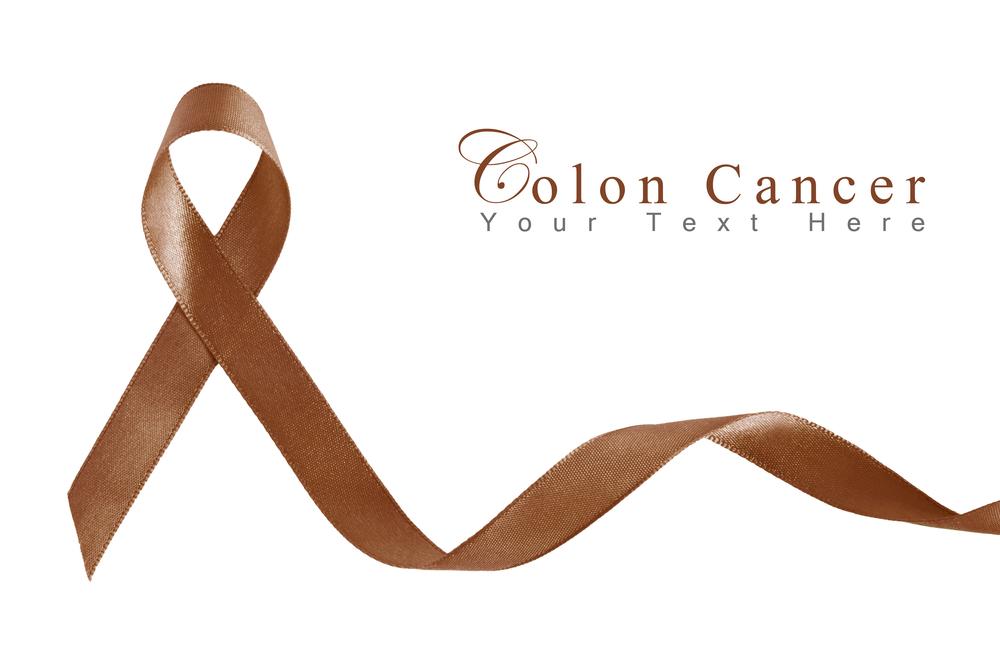
Categories of Risk Factors for Colon Cancer
Every year, more than 1,40,000 people in the country are diagnosed with colon cancer. While no one really knows when colon cancer can develop, understanding its risk factors could go a long way in lowering the likelihood of developing the disease.
Those who have a higher risk of being diagnosed with colon cancer need to consult their doctors about when to get a colonoscopy done, which could really help in spotting early signs and symptoms of the disease. The following are the various risk factors for colon cancer, how they are categorized, and what exactly are the causes of colon cancer.
1. Genetics
- Family history
While the risk factors for colon cancer aren’t clear in every case, shared environmental factors, inherited genes, and/or a blend of any of these factors could increase one’s chances of developing colon cancer. Your family history could determine when your doctor will recommend a colonoscopy to screen for colon cancer. For instance, if a person’s father was diagnosed with colon cancer at the age of 55, then the doctor could recommend a colonoscopy to that person at 45.
- Inherited syndromes
The two most common inherited syndromes linked with colon cancers are HNPCC (hereditary nonpolyposis colorectal cancer) and FAP (familial adenomatous polyposis). Other syndromes that could increase the risk of one developing colon cancer include Peutz-Jeghers syndrome, Turcot syndrome, and Lynch syndrome.
- Ethnic and racial background
It has been found that African Americans have the highest chances of developing colon cancer. Another ethnic group that also has a high risk of developing colon cancer is the Ashkenazi Jews. If a person belongs to one of these ethnic groups but has not experienced any risk factors, then their doctors might suggest they get a colonoscopy at the age of 45 rather than 50.
2. Lifestyle
- Diet
Diets that are high in processed and red meats (like hot dogs, beef, lamb) could increase one’s chances of getting colorectal cancer. Broiling, grilling, frying, or other methods of cooking meats at extremely high temperatures end up creating chemicals that could also contribute to increased risks.
- Sedentary lifestyle
Those who live an inactive lifestyle have increased chances of developing colon cancer.
- Smoking
When one smokes, some of the substances that cause cancer could end up being swallowed, potentially increasing the risks of developing colon cancer.
- Alcohol use
Heavy consumption of alcohol could lead to increased risks of getting colon cancer.
3. General
- Age
Chances of developing colon cancer increase dramatically after the age of 45. According to the National Cancer Institute, the median age is 68 years.
- History of polyps/colorectal cancer
If one has had colorectal cancer before, then they are likely to develop cancer in other areas of the rectum and colon. One might even experience recurrent cancer. A person could also face a higher risk of colon cancer if polyps were found during their colonoscopy.
- History of IBD (inflammatory bowel disease)
If one has had IBD before, then they have higher chances of developing colon cancer.
- Obesity
If one is overweight or obese, it increases their risk of developing colorectal cancer.



